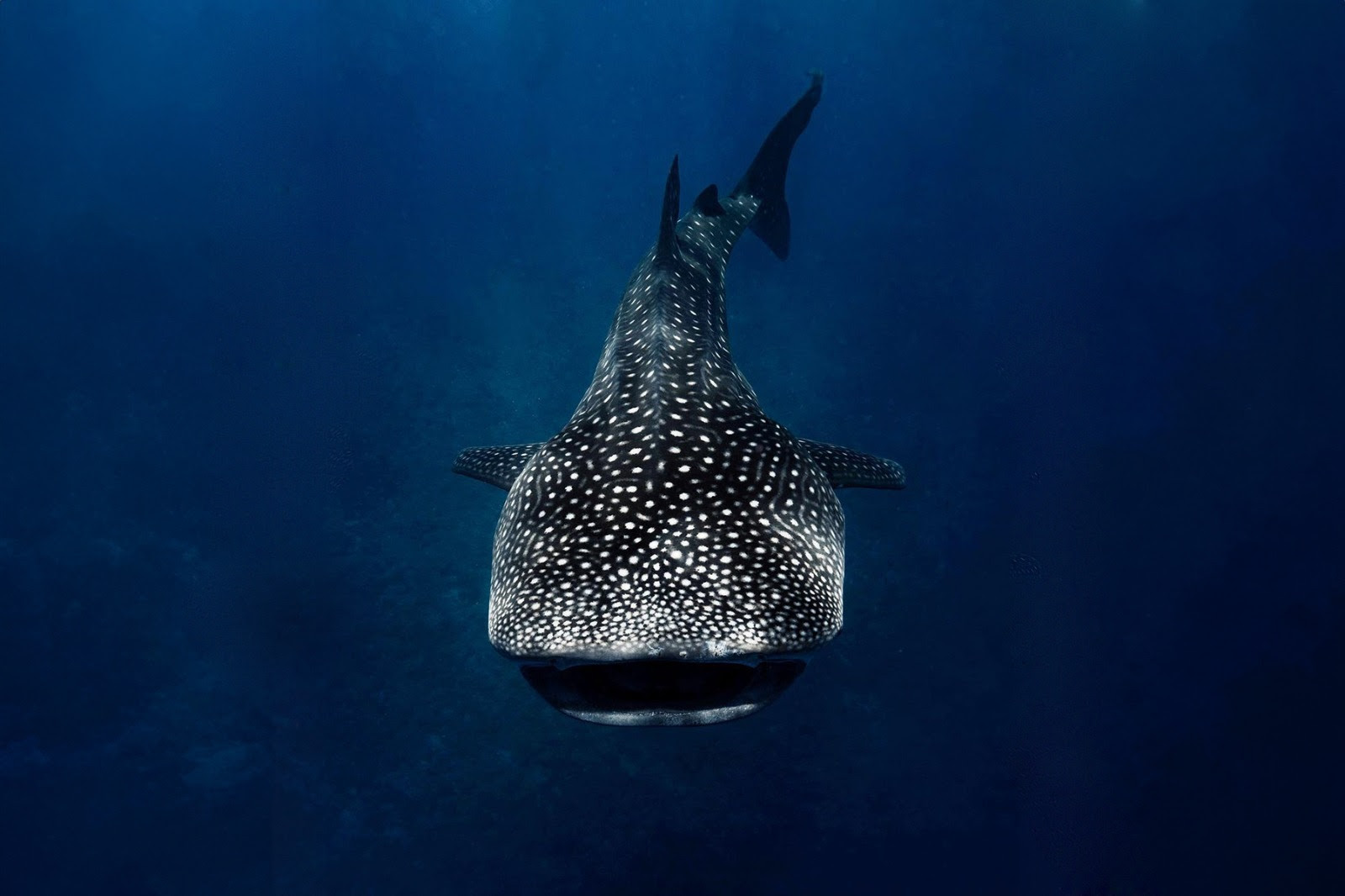

A Safer Experience: Maldives Implements Guidelines for Whale Shark Encounters
Monday 14th of October 2024
The Government of Maldives has introduced a pivotal regulation aimed at the conservation of marine life, specifically focusing on whale sharks. Regulation No. 2024/R-96 is the seventh amendment to the Protected Species Regulation (2021/R-25) and revises the Code of Conduct for the Protection and Conservation of Whale Sharks, initially established in 2009.
This new policy demonstrates the Maldives’ dedication to marine conservation, introducing stringent guidelines that prioritize the safety of both tourists and these majestic creatures. Key provisions include maintaining a safe distance of at least three meters from the whale sharks' bodies and four meters from their tails. Touching or swimming alongside the whale sharks while holding on is strictly prohibited, and interactions must be approached calmly to avoid startling these gentle giants.
Additionally, the regulation bans feeding whale sharks and restricts the use of flash photography, selfie sticks, or bright lights during encounters. For aerial photography, drones must be operated at a minimum altitude of 30 meters and within the operator’s line of sight. A designated 250-meter contact zone around whale sharks allows only three vessels at a time, enforcing a speed limit of five knots, which reduces to two knots within 50 meters of the sharks.
Emergency protocols are also outlined for vessels to ensure that whale sharks are not disturbed during their natural behaviors. In case of an injured or entangled whale shark, the regulation directs operators to contact the Environment Protection Agency for assistance and to ensure the animal's safe release.
These comprehensive guidelines aim to enrich the experience for tourists interacting with whale sharks while protecting the vital ecosystem that sustains them. With this regulation, the Maldives reaffirms its leadership in marine conservation efforts, ensuring that future generations can continue to appreciate the beauty of these gentle giants in their natural habitat.